Table of Contents
Blogging has become one of the most impactful ways to share your ideas, connect with an audience, and generate income. As a beginner, choosing the right blogging platform is pivotal—it impacts your blog’s functionality, customization, and monetization potential. Below, we discuss some of the best blogging platforms categorized into free, paid, and India-specific options, enriched with actionable insights, expertise, advantages, and disadvantages.

1. Best Blogging Platform for Beginners To Make Money for Free
Free blogging platforms allow you to start your journey with no upfront costs, focusing entirely on content creation while gaining initial exposure.
WordPress.com
WordPress.com is ideal for beginner bloggers who want to prioritize content without diving into hosting or technical setups. Its free plan is excellent for experimenting, but switching to the premium plan later can provide advanced features.

Advantages:
- Intuitive interface for creating and managing blogs.
- Comes with built-in SEO and analytics tools for tracking growth.
- Perfect for starting small before scaling up.
Disadvantages:
- Free plans lack comprehensive customization.
- Ads displayed on blogs unless upgraded.
Blogger
Blogger is highly reliable for beginners aiming to monetize their blogs with AdSense. Its simplicity makes it accessible, but professional bloggers may outgrow its capabilities.
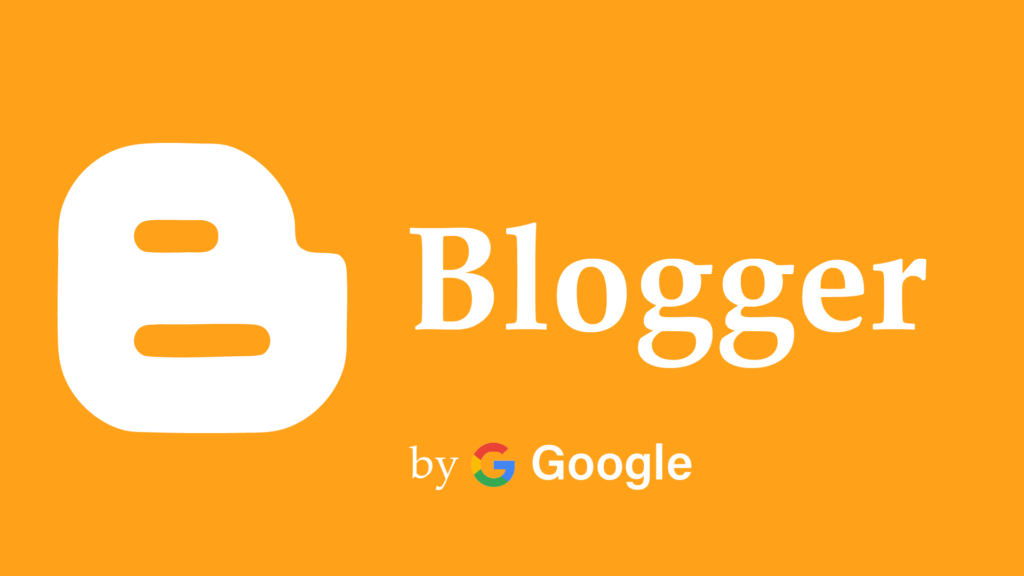
Advantages:
- Google’s ecosystem ensures stability and seamless AdSense integration.
- Completely free to use with hosting included.
- Best suited for casual blogging or niche-focused content.
Disadvantages:
- Limited design flexibility compared to modern platforms.
- Cannot scale efficiently for large, complex blogs.
Medium
Medium is a perfect platform for writers looking to establish authority and reach a built-in audience. Its Partner Program is advantageous, but consistent posting is required to sustain income.

Advantages:
- Focuses solely on content, eliminating design concerns.
- Built-in audience ready to engage with your articles.
- Monetization based on audience interaction ensures steady growth.
Disadvantages:
- Limited branding opportunities for personal recognition.
- Income fluctuates based on engagement metrics.
Wix (Free Plan)
Wix enables creative bloggers to design visually appealing blogs with ease. While suitable for hobbyists, its free plan restricts monetization, making it essential to upgrade for growth.
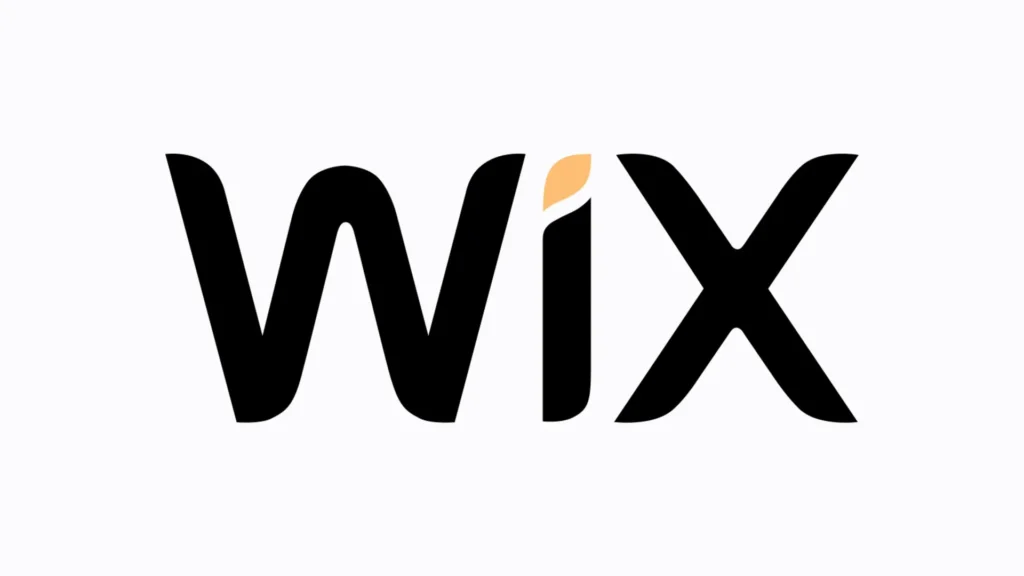
Advantages:
- User-friendly drag-and-drop editor simplifies design.
- Creative templates make your blog stand out.
- Free hosting included.
Disadvantages:
- Free plan includes visible Wix branding, which can affect professionalism.
- Limited monetization tools without upgrading.
2. Best Blogging Platform for Beginners To Make Money with Paid Options
Paid platforms cater to committed bloggers who aim to monetize and scale efficiently. These platforms provide advanced features, enhanced control, and opportunities for professional growth.
WordPress.org (Self-hosted)
As the most powerful blogging platform, WordPress.org is ideal for professionals ready to invest in building a scalable, feature-rich blog. Its plugins and themes empower customization, creating unique blogs tailored for monetization.
Advantages:
- Unlimited flexibility for creating custom blogs.
- Extensive monetization options like memberships and affiliate marketing.
- Plugins like Yoast SEO enhance search engine visibility.
Disadvantages:
- Requires hosting and domain investment upfront.
- Steeper learning curve for non-technical users.
Squarespace
Squarespace excels in design and aesthetics, catering to creative professionals aiming to combine blogging with e-commerce. Its user-friendly interface makes it accessible for beginners transitioning to paid plans.

Advantages:
- Polished templates for professional design.
- Built-in e-commerce tools to monetize blogs effectively.
- Hosting and domain management included.
Disadvantages:
- Less flexible for developers or highly technical users.
- Higher pricing compared to entry-level paid platforms.
Ghost
Ghost’s minimalist approach focuses on content creators who prefer simplicity and speed. Subscription-based features support blogs that want direct monetization through memberships.
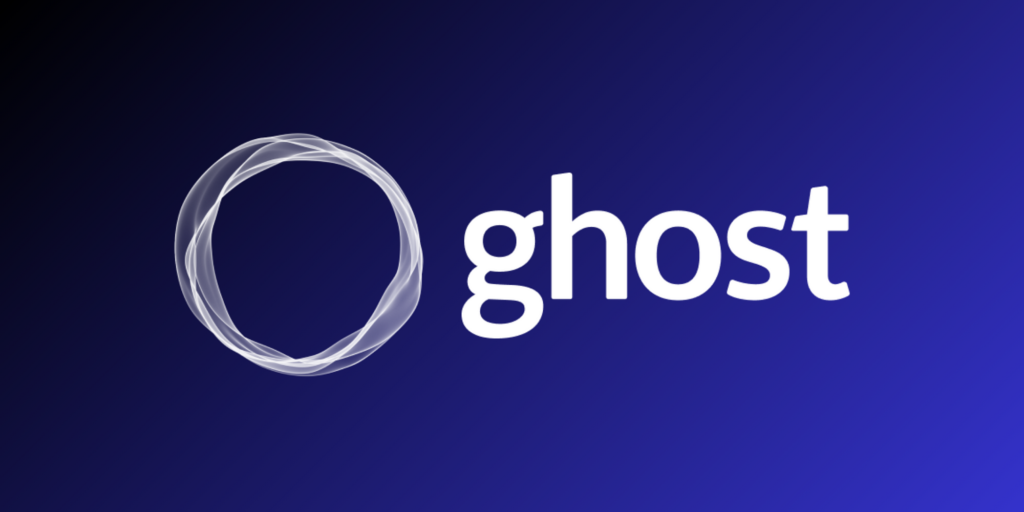
Advantages:
- Optimized for content and writing-based blogging.
- Speedy platform with straightforward features.
- Excellent for creating subscriber-exclusive content.
Disadvantages:
- Lacks extensive third-party integrations.
- Advanced features require technical setup.
3. Best Blogging Platform for Beginners To Make Money for Free in India
For Indian bloggers, platforms that cater to local monetization opportunities and user preferences are particularly beneficial.
Quora
Quora’s Partner Program allows Indian creators to earn by sharing niche-specific, knowledge-rich content. Engaging with trending topics builds credibility and maximizes income potential.
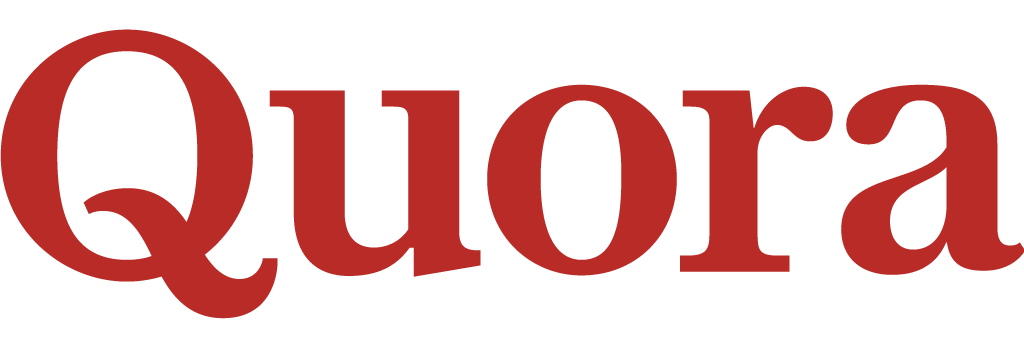
Advantages:
- Free to join with scalable earning potential.
- Perfect for knowledge-sharing blogs focused on unique niches.
- Built-in community engagement ensures visibility.
Disadvantages:
- Limited branding flexibility for personal blogs.
- Earning relies heavily on niche popularity and interaction.
Conclusion
Choosing the right blogging platform is a critical step in your journey to becoming a successful blogger. Free platforms like WordPress.com and Blogger offer accessible entry points, while paid solutions like WordPress.org and Squarespace provide professional-grade tools for scaling and monetization. For Indian bloggers, leveraging platforms like Medium and Quora ensures alignment with regional preferences.
Above all, expertise in blogging is about consistency, authenticity, and delivering value to your audience. Success lies in creating meaningful connections through high-quality content and strategic platform selection.


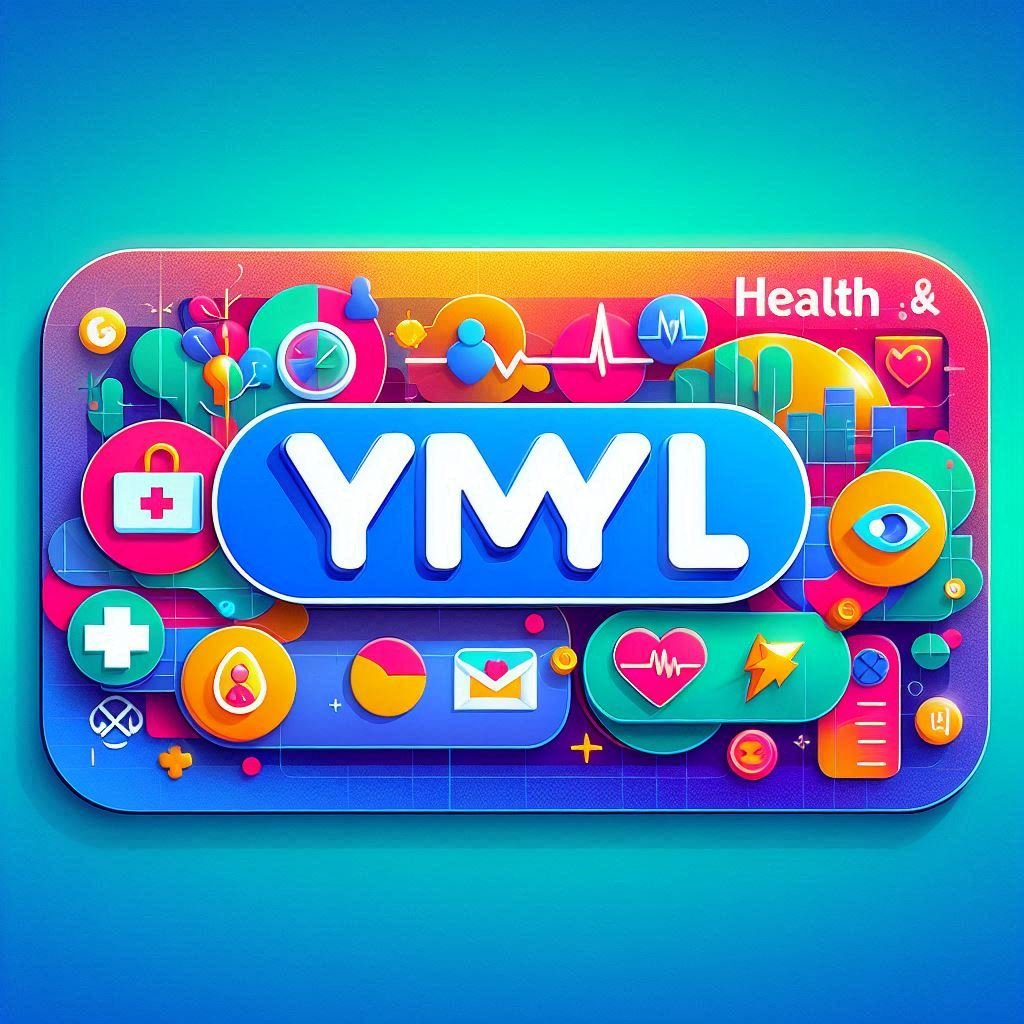

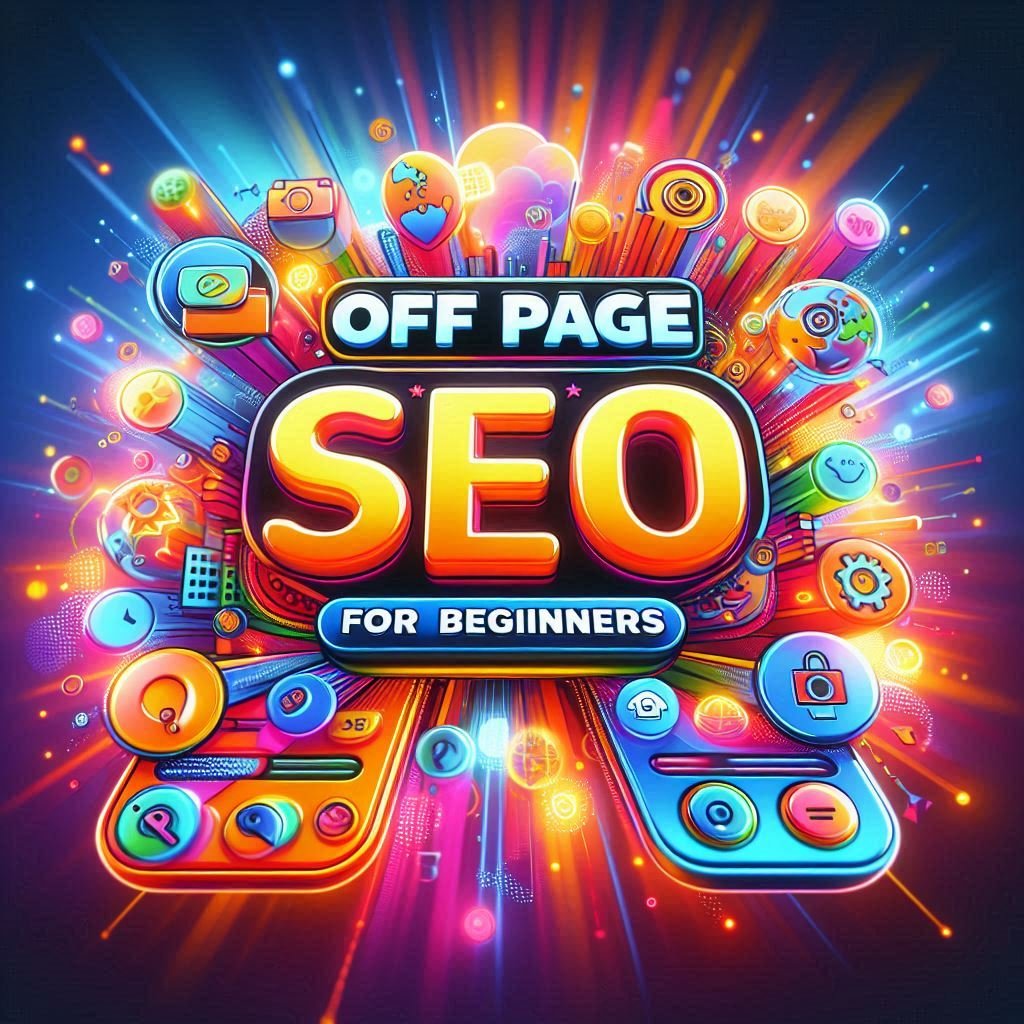
Leave a Reply